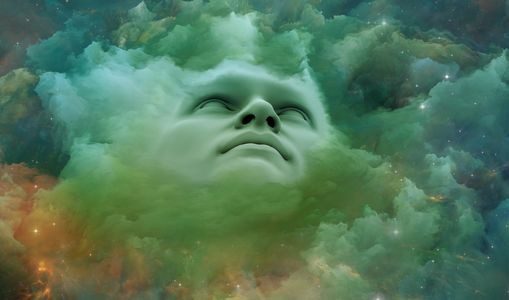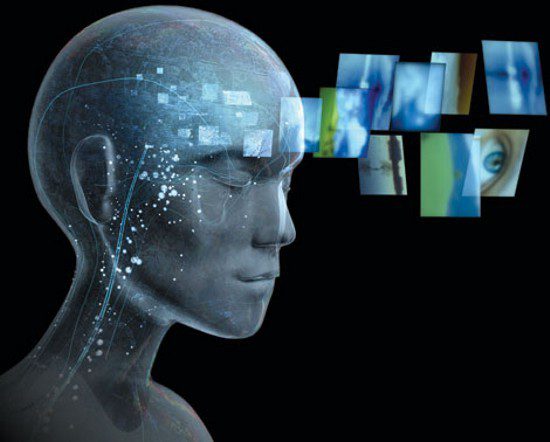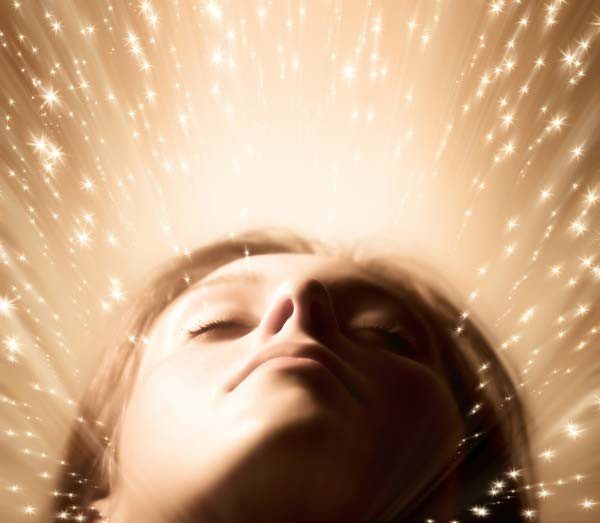Do you remember what you dreamt of last night? More importantly – why were you dreaming that specific dream? Centuries have gone by, pondering over the meaning of dreams. There have been great interpretations about dreams and their science. Some people attached physiological theories to it whereas some said it is more of a neurobiological phenomenon. Freud’s theory was centered around the idea that dreaming allows us to sort through the various repressed wishes whereas memory specialists have argued that it is a neurobiological phenomenon which says that dreams are electrical impulses in our brain, a theory known as “activation-synthesis hypothesis”.
Related: Is Shared Dreaming Possible?
Scientists have been researching and speculated multiple theories to eliminate the mystery behind human dreams. There isn’t any tangible evidence or progress yet. Research has shown that the dream mechanism more or less is related to memories. Our brain processes millions of inputs each day to learn new things. People also experience certain emotions ranging from happiness, grief and fear which they may reflect in their dreams.
Studies have linked this to REM sleep i.e. Rapid Eye moment. Before this, brain is inactive during the sleep process was a common belief. REM sleep is cognitive activity and resembles wakefulness but why do we dream still remain unanswered.

The Science behind Dreams
The Hippocampus and Amygdala are responsible for vivd and emotionally dreams. The Hippocampus is a region in our brain responsible for learning, regulation of the emotions and memory processing. It takes the experiences and sorts them into short term and long term memories, before transferring them to the neocortex – the top layer of the brain. The brain is divided into four layers – frontal, parietal, occipital and temporal for permanent storage, where transferring and relocation of memory storage takes around a week. The memories are then transferred from the hippocampus to neocortex, where they are converted into a dream.
Also Read: The Science Behind Sleep
Study indicate that slower processes kick into action during sleep. It is here that residual emotions and other triggers interact. Positive experiences trigger positive cycle, while negative experiences throughout the day are likely to lead to higher chances of negative dreams. Themes like arriving late, sexual experiences, killed, losing control, natural disasters and many more form the basis of our dreams.
Freud strongly believed dreams are way to encode the events in our lives, sourced from memories and experiences. Decoding them, however, is the difficult part.

The theories are intriguing – but it is important to understand that all these dreams do not necessarily serve a purpose or deliver meaning. They are just byproducts of the brain while we sleep. Random segments of experiences that the brain has put together, for no particular purpose.


